Given Covid-19 has clearly accelerated the trend towards more flexible working around the world, it’s likely that we’re shortly going to see more demand for flexible office space, particularly in suburban and rural locations as people work closer to home.
Some of these new flexible spaces will be in traditional purpose-built or refurbished office buildings, but we expect some to go into vacant retail facilities, integrated into communities and the existing urban fabric.
Ongoing structural change in retail has resulted in many large units within urban settings, often ex-department stores, becoming redundant or marginalised due to pitches shifting, or a general declining need for retail space as consumers shop more online.
If this redundant retail space can be put to use for other purposes it brings with it the opportunity to revitalise these areas. With office workers coming and going throughout the day, the extra footfall is set to benefit neighbouring retail and facilities within easy reach, such as shops, restaurants and leisure amenities.
In the long term, this could lead to fewer major central business districts (CBDs). Instead we see a likely scenario where there are a number of smaller business districts spread throughout cities and suburbs.
For example, incorporating a flexible office in a suburban shopping mall would create an ecosystem of its own. Whereas before, people would only have visited the mall for recreational purposes, there would now be a consistent baseline level of daily footfall.
Once at the mall, workers could easily spend the entire day there, given there would be shopping opportunities, plentiful food options and entertainment facilities. The same can be applied to high streets. In addition, those visiting the mall primarily to shop may then choose to base themselves in a flexible office there
With population densities reaching all-time highs in many cities around the world pre Covid-19, the rise of the non-central business district makes sense from an environmental and wellbeing perspective too, with workers having less far to travel to their desks .
It would allow workers to have more space, both inside and outside the office. This evolution will take time, but it could solve a number of problems that have been exacerbated by the crisis.
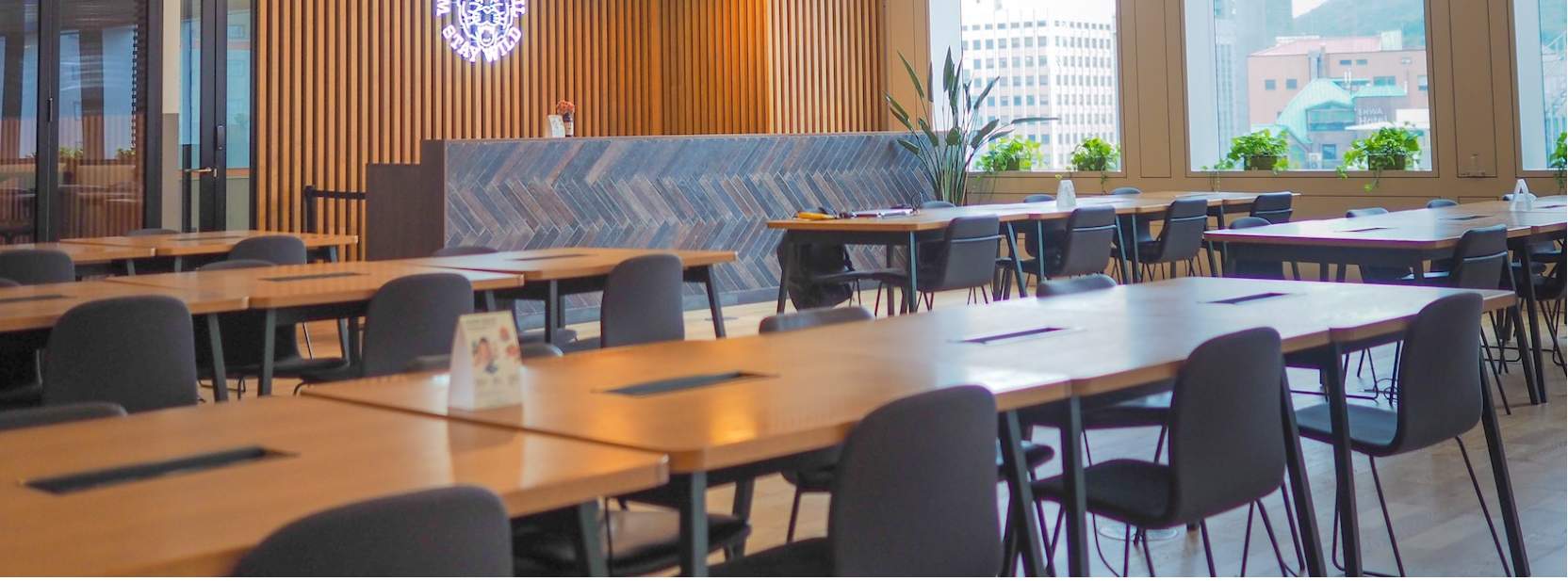
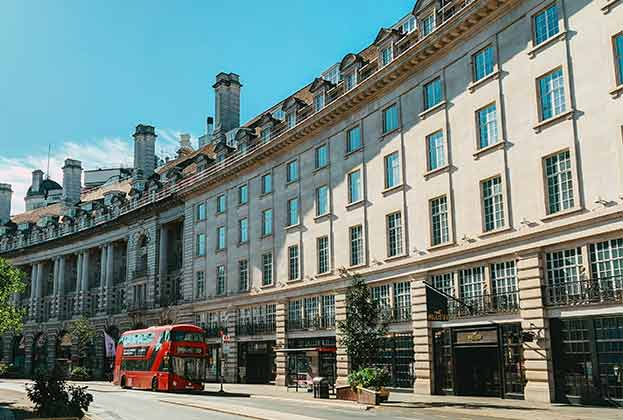
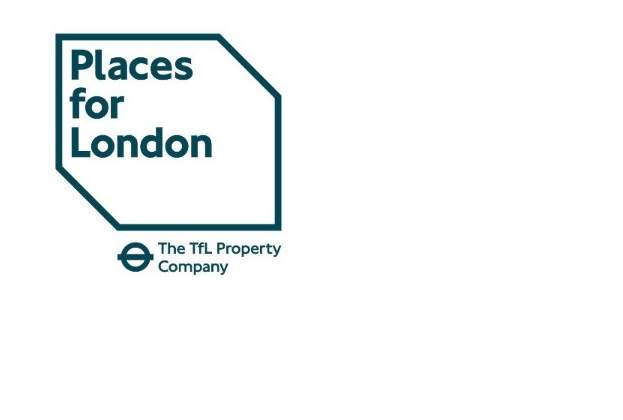
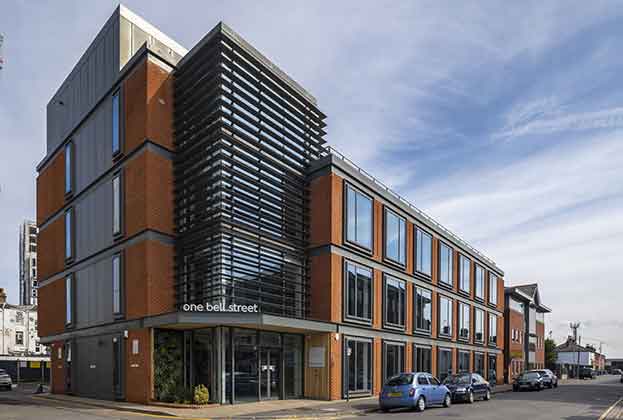

.jpg)

.jpg)
.jpg)
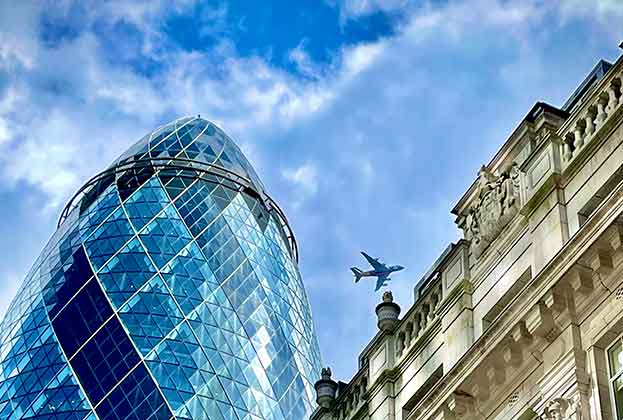
(1).jpg)